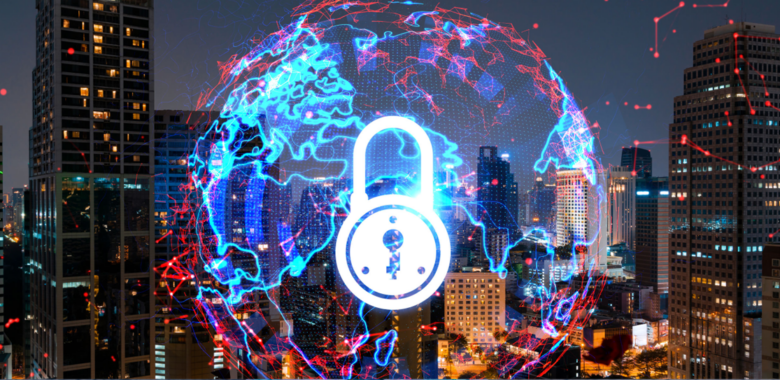Despite the lingering effects of the COVID-19 pandemic, many industries are returning to some semblance of normality. However, there is one industry that has struggled to get back on track – music.
With social distancing and capacity limitations in place, concerts and festivals, such as Glastonbury, have become inviable, with many top artists and bands cancelling or postponing their live shows.
Back in May last year, the World Economic Forum forecasted that a six-month shutdown could be expected to cost the music industry more than $10bn in sponsorships, and while this crisis has likely accelerated the underlying trend towards on-demand streaming, live music events have been side-lined throughout the pandemic.
However, green shoots of hope have emerged since the beginning of the pandemic. In August last year, English artist Sam Fender hosted the UK’s first socially distanced concert at Gosforth Park, Newcastle, UK. While only 2,500 people were able to attend due to social distancing laws, the event gave insight into what live music events of the future might look like. And this year, UK organisers are quietly confident that festivals will be able to return in the latter half of the summer, depending on the progress of the UK’s COVID exit plan.
In the context of a world which is becoming ever more connected, we are starting to see more technology being integrated into the music industry. So, like the Grammys, one of the biggest award ceremonies in the music calendar, airs today, here are a few examples of technologies that can help the music industry get off the canvas and rise to new heights in the wake of the pandemic.
Smart Gates
If concerts and festival are to return soon, the key to this will be how organisers manage fans as they enter arenas and venues. With an emphasis on social distancing, live music event organisers could look to implement technology being used in other sectors to improve the safety and accessibility of their events.
For example, in aviation, there has been an increase in the number of airports utilising eGates to improve the flow of passengers, using biometric verification at the gates to identify travellers. Through this technology, airports have been able to cut down queues, limit costs and offer a high level of security.
With music events needing to keep fans socially distanced and queues to a minimum, the integration of smart gates to help simplify entry and exit for customers could be a strong tool to improve the accessibility and safety of music events around the world.
Wearable Tickets and devices
In a similar vein to smart gate technology, wearable, connected tickets could offer live music event organisers a convenient way to manage fans safely and efficiently. Wearable tickets would allow concertgoers to enter events with limited hassle, simply verifying themselves at the event gates using a bracelet containing a RFID chip which transfers customer information to a connected server upon entry.
As well as having the potential to significantly cut down queue times, wearable tickets could also be connected to a custom application that can share information about where other concertgoers are in the frenzy of a festival, enabling fans to navigate vast festival arenas and find their friends with little trouble.
What’s more, concertgoers could be equipped with wearable devices with embedded LED lights to add a new level of fan experience at live music events. For example, during Taylor Swift’s 2015 tour, fans were given LED bracelets which, through infrared technology, lit up in sync with the music and with the cadence of the fans’ movements. The result – a light show powered by the IoT!
Thermal Cameras
With the health of concertgoers, musicians and staff being of the highest priority for organisers, utilising technology which can limit the transmission of any disease at an event could be instrumental in reviving the live music industry.
Once again drawing from the aviation industry, thermal cameras have been used in detecting potential health risks in airports. By measuring travellers’ body temperature while they navigate through the airport, staff have been able to quickly detect if a passenger is having a high temperature, allowing them to swiftly notify the passenger and have them exit the airport. Moreover, these cameras can monitor if travellers are wearing facemasks, ensuring disease prevention protocols are maintained.
With concerts and festivals usually involving vast oceans of people in close proximity of each other, the ability to quickly detect and remove potential transmission risks as well as ensure the use of face coverings would be invaluable. With the use of thermal cameras, organisers can achieve these two goals, ultimately providing a safe environment for fans and staff attending the event.
For many, the disappearance of live music over the past year has been difficult to accept. However, with the help of smart technology, the music industry can move forward hopefully as we emerge from the pandemic.
Interested and want to learn more? Leave a comment below or tweet us @ThalesDigiSec if you have any questions.



